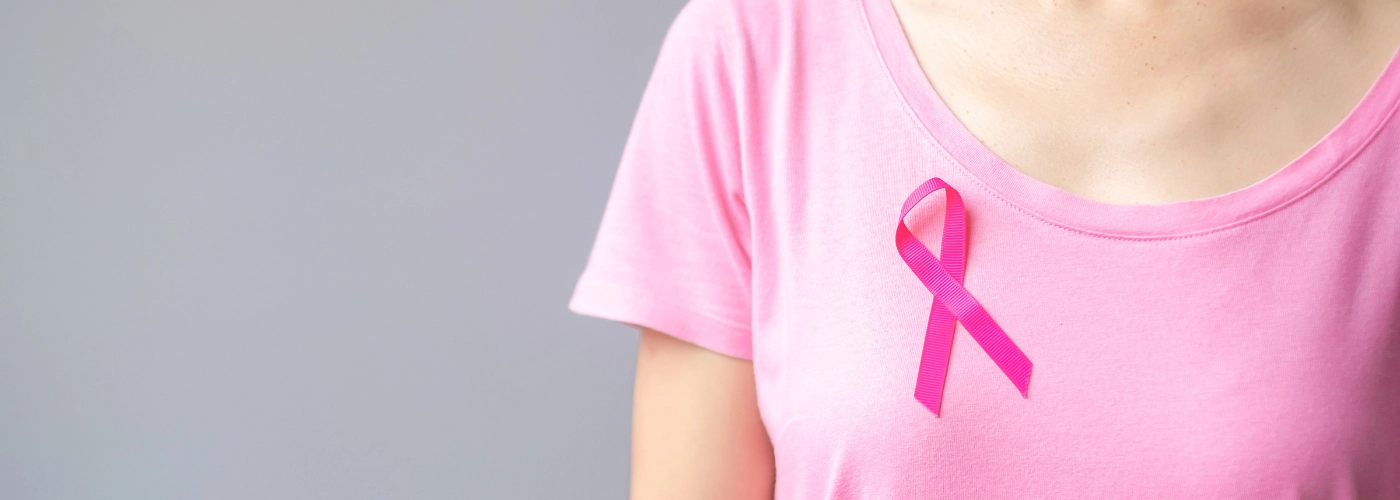Topics
Understanding the Importance of Early Detection in Breast Cancer
Breast cancer is one of the most prevalent cancers affecting women, both in Malaysia and globally. The importance of early detection cannot be overstated, as it significantly increases the chances of successful treatment. Regular breast cancer screening is essential for identifying the disease at an early stage, often before symptoms appear. At Gleneagles Hospitals, we believe that early detection can be life-saving, which is why we advocate for all women to incorporate regular breast cancer screening into their healthcare routine. Routine screenings can ensure that any abnormalities are caught early, allowing for more effective and less invasive treatment options.
Breast Cancer Affects One in 20 Women in Malaysia
Breast cancer is a leading cause of cancer-related deaths among women in Malaysia. The latest statistics reveal that one in every 20 women in the country will be diagnosed with breast cancer in their lifetime. This statistic emphasises the growing need for breast cancer awareness and regular screenings. It is critical for women to take responsibility for their health, especially considering that early-stage breast cancer is highly treatable. At Gleneagles Hospitals, we offer comprehensive breast cancer screening services, ensuring that every woman has access to the care they need. Through early detection and intervention, we can significantly improve the outcomes for women in Malaysia, reducing mortality rates and enhancing overall health outcomes.
Breast cancer screening Malaysia is Essential for Women Over 40
A. Regular mammograms are vital:
Women aged 40 and above should undergo annual mammograms to check for any abnormalities in the breast tissue. Mammograms are one of the most effective screening tools available, helping to detect tumours or cysts that may not yet be felt. At Gleneagles Hospitals, we offer state-of-the-art mammography services to ensure the most accurate results possible.
B. Personal risk factors to consider:
Some women have a higher risk of developing breast cancer, such as those with a family history of the disease, those with inherited genetic mutations like BRCA1 or BRCA2, or women who have had previous breast conditions. These women should begin screening earlier and may require more frequent tests. At Gleneagles Hospitals, our team of specialists can evaluate personal risk factors and create a tailored screening schedule that best suits individual needs.
C. Self-examination is important:
Alongside professional screenings, regular self-examination of the breasts is essential. This practice helps women familiarise themselves with how their breasts normally feel and enables them to notice any changes, such as lumps or skin changes, which should be reported to a healthcare provider. Educating women on the importance of self-examination is a key part of Gleneagles Hospitals' health awareness initiatives.
Frequently Asked Questions About Breast Cancer
1. Can men get breast cancer?
Although rare, men can develop breast cancer. While the incidence is significantly lower than in women, men should be aware of any changes in the chest area, including lumps or skin changes, and consult with their healthcare provider if they notice anything unusual.
2. How often should I get breast cancer screening ?
Women over the age of 40 should undergo annual mammograms to detect any potential issues. If you have additional risk factors, such as a family history of breast cancer or genetic predispositions, it is essential to discuss your screening schedule with your doctor at Gleneagles Hospitals to determine how frequently you should be screened.
3. Is breast cancer hereditary?
While a family history of breast cancer can increase your risk, most cases of breast cancer are not inherited. However, women with a family history of the disease or who carry genetic mutations such as BRCA1 or BRCA2 should be more vigilant with their screening. Discuss your family medical history with your doctor to determine your risk.
4. What are the treatment options for breast cancer?
Treatment for breast cancer depends on the stage and type of cancer, as well as individual factors such as age and overall health. Common treatments include surgery, chemotherapy, radiation therapy, and hormone therapy. At Gleneagles Hospitals, our specialists work with patients to develop a tailored treatment plan to suit their individual needs and ensure the best possible outcome.
5. Can I prevent breast cancer?
While it is not possible to prevent breast cancer entirely, there are several steps that women can take to reduce their risk. A healthy diet, regular exercise, maintaining a healthy weight, and reducing alcohol consumption can all help. Additionally, regular breast cancer screening Malaysia is vital for early detection, which significantly increases the chances of successful treatment.
Book an Appointment at Gleneagles Hospitals
Breast cancer is a serious concern for women, but with the right knowledge and proactive measures, it is possible to reduce the risk and catch the disease early when it is most treatable. At Gleneagles Hospitals, we are committed to providing exceptional care and access to advanced breast cancer screening. We encourage every woman to prioritise her health by scheduling a breast cancer screening in Malaysia today. Early detection and regular monitoring can make all the difference. Do not wait—take the first step towards safeguarding your health and future with Gleneagles Hospitals. You may also book an appointment via our website or download our My Health 360 application ( which can be obtained at Google Play Store).








